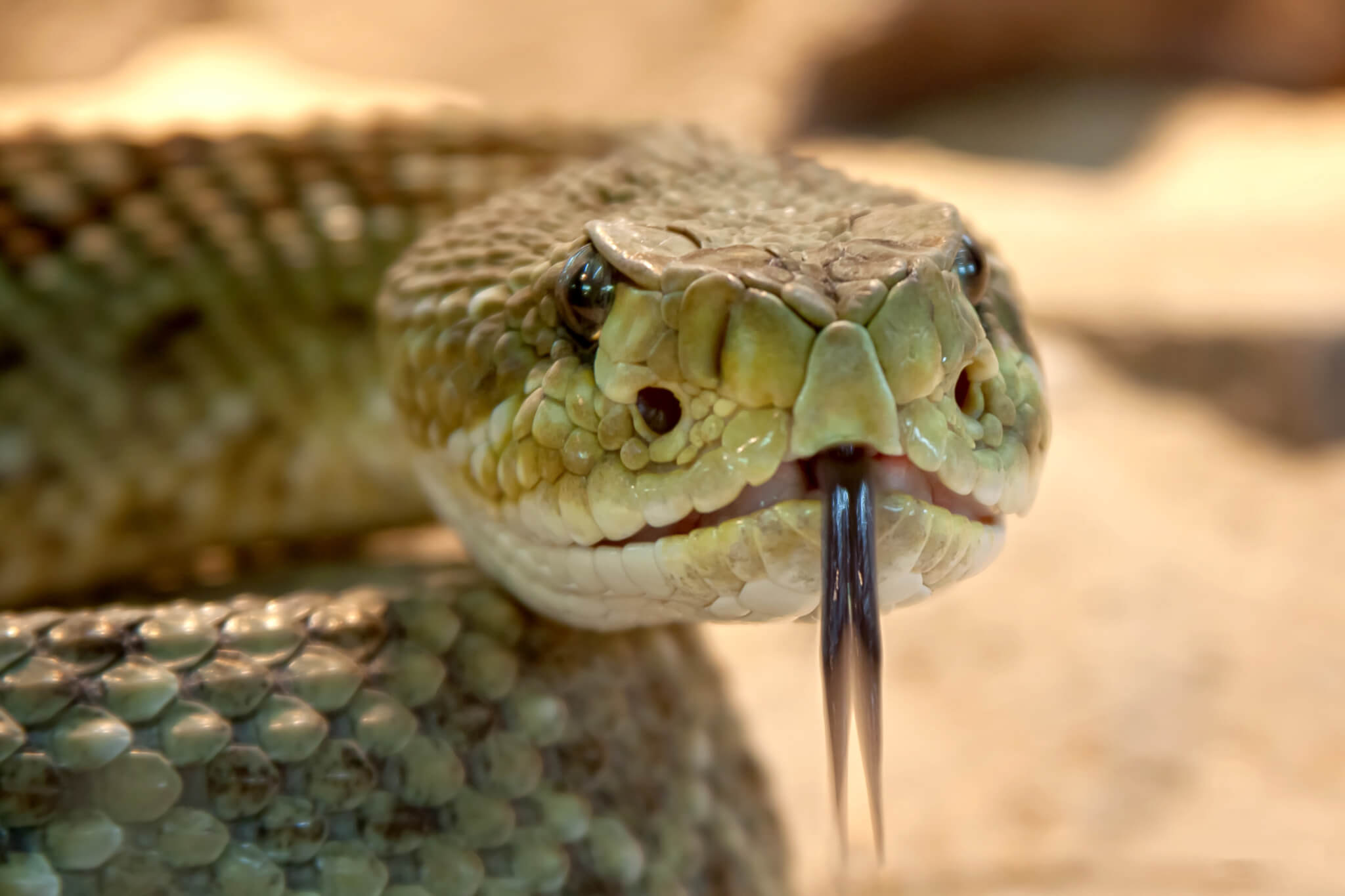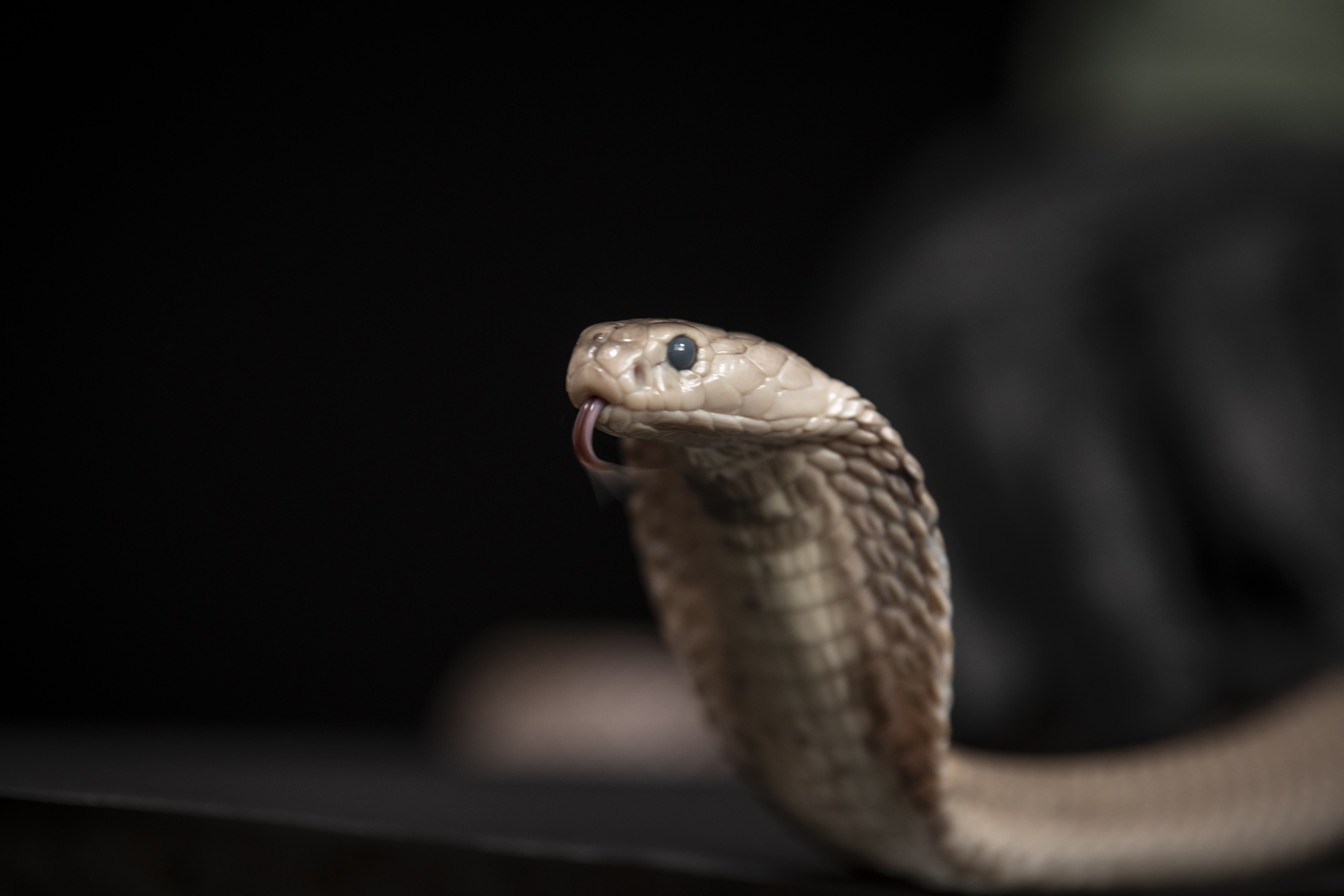LA JOLLA, Calif. — If only Samuel L. Jackson had this while he was tangling with snakes on a plane. A universal antivenom is on the horizon that’s capable of neutralizing the deadly venom from a wide range of poisonous snakes found across Africa, Asia, and Australia. Scientists from Scripps Research Institute have introduced an antibody that has the ability to protect mice from the lethal effects of venom from notorious snakes like the black mamba and king cobra.
Snake bites pose a grave health risk globally, particularly in Asia and Africa, where they are more fatal than many neglected tropical diseases. Over 100,000 people die each year due to the toxic effects of snake bite venom. The challenge in treating these bites stems from the fact that current antivenoms are species-specific, requiring the production of multiple antivenoms for different snake species across various regions.
The newly developed antibody offers a glimmer of hope in this dire situation.
“This antibody works against one of the major toxins found across numerous snake species that contribute to tens of thousands of deaths every year,” says study senior author Dr. Joseph Jardine, an assistant professor of immunology and microbiology at Scripps Research, in a media release. “This could be incredibly valuable for people in low- and middle-income countries that have the largest burden of deaths and injuries from snakebites.”

Scientists embarked on this journey by drawing parallels between their search for a universal antivenom and their prior work on HIV vaccines. They noted that while snake venoms vary across species, similar to the rapidly evolving HIV proteins, they also possess conserved regions that remain unchanged and can be targeted by antibodies.
Focusing on a group of venomous snakes known as elapids, which includes mambas, cobras, and kraits, researchers identified that these snakes produce a toxin known as three-finger toxins (3FTx). These toxins, responsible for causing whole-body paralysis, were found to have similar structures across different elapid species, making them an ideal target for therapeutic intervention.
To find an antibody that could neutralize 3FTx, the team employed a novel platform that allowed them to screen billions of human antibodies against these toxins produced in the lab. Their efforts led to the identification of an antibody named 95Mat5, which exhibited strong binding across various 3FTx variants. When tested on mice, 95Mat5 provided protection against both death and paralysis induced by venoms from several deadly snakes.
“We were able to zoom in on the very small percentage of antibodies that were cross-reactive for all these different toxins,” explains study first author Irene Khalek, a Scripps Research scientist. “This was only possible because of the platform we developed to screen our antibody library against multiple toxins in parallel.”

What makes 95Mat5 particularly interesting is its mechanism of action. The antibody blocks the venom by mimicking the structure of the human protein that the toxin usually binds to, a strategy similar to that used by broadly neutralizing HIV antibodies previously studied by Dr. Jardine. This approach of creating effective antibodies synthetically, without the use of animals or snakes, represents a significant step forward in antivenom development.
While 95Mat5 shows promise against elapid snake venoms, it does not neutralize venom from vipers, another major group of venomous snakes. However, the researchers are optimistic about developing additional antibodies that, when combined with 95Mat5, could lead to a comprehensive solution against snake venoms worldwide.
“We think that a cocktail of these four antibodies could potentially work as a universal antivenom against any medically relevant snake in the world,” concludes Khalek.
The study is published in the journal Science Translational Medicine.
